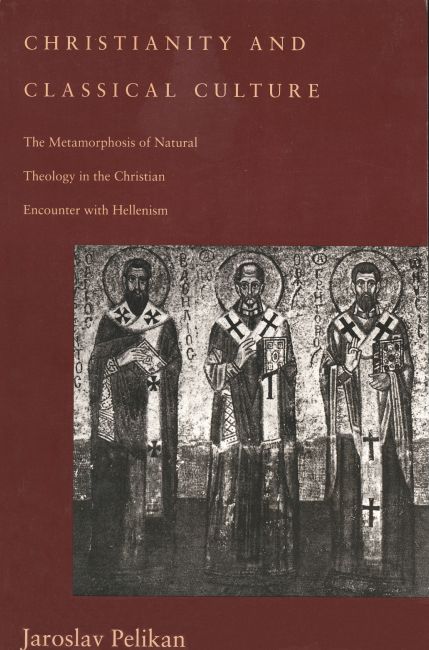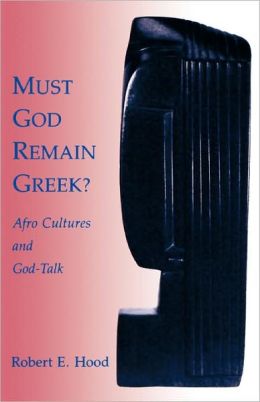
Yesterday’s post discussed (here) how early Christian theology was fundamentally “polluted” by the Greek tradition of philosophy as a way of life. But historian Jaroslav Pelikan suggest the contagion goes down even further, right down into the marrow, into the very language used to compose the New Testament:
“It remains one of the most momentous linguistic convergences in the entire history of the human mind and spirit that the New Testament happens to have been written in Greek–not in the Hebrew of Moses and the prophets, nor in the Aramaic of Jesus and his disciples, nor yet in the Latin of the imperium Romanum; but in the Greek of Socrates and Plato, or at any rate in a reasonably accurate facsimile thereof, disguised and even disfigured though this was in the Koine by the intervening centuries of Hellenistic usage.”
He continues in Christianity and Classical Culture:
“As a result of this convergence, every attempt to translate the New Testament into andy of almost two thousand languages–including a Semitic language such as Syriac, despite all its affinities with Hebrew and Aramaic–has, on encountering any term, been obliged to consider above all its previous career in the history of the Greek language; and that was a problem of natural theology [metaphysics] no less than a problem of philology.”

There’s been quite a lot of talk about divorcing God from the Greek heritage at the very least ever since Harnack. While trying to argue away the Greek “accretions” to some vaguely “pure” Gospel he said, “. . . Roman Catholicism has nothing to do with the Gospel, nay, is in fundamental contradiction with it.”
We’ll see about that as tomorrow we turn to the article “Farewell, Old Pagan World” by Philip Jenkins, one of our leading public commentators on religion. We will modify modify his claims, to the advantage of impurity, with the help of Catherine Pickstock.
While we’re at it, let’s not forget the influence of Philo of Alexandria and the translators of the Hebrew Bible into Greek, what became known as the Septuagint. The connections between Greek and biblical thinking go deep. Harnack must be spinning as fast as a black hole in his grave as I type this!
Finally, in preparation for the next Bloomsday, listen to Joyce playing upon the theme of purity from the life of Moses here.












